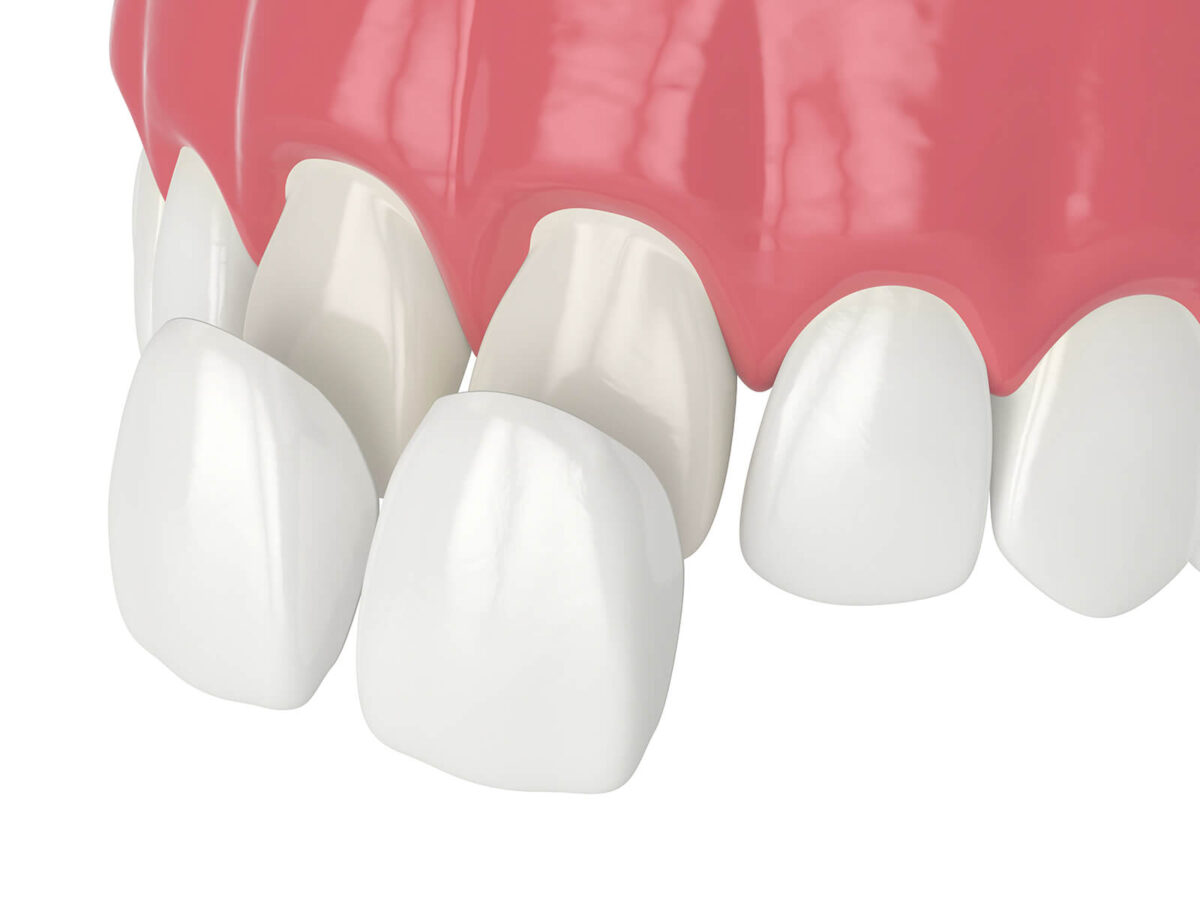River Walk Dental Orthodontics
Blog
Dental hygiene tips for healthy teeth & gums

Pros And Cons of Different Types of Dental Veneers
Dental veneers are a popular cosmetic dentistry solution that improves the appearance of teeth and creates a bright smile. Each of the several types of veneers available has its benefits and considerations. This article examines the benefits and drawbacks of various dental veneers, such as porcelain veneers, composite veneers, zero-prep veneers, and prepless veneers. This blog provides valuable information for anybody considering a smile makeover.
Pros And Cons of Different Types of Dental Veneers
1. Porcelain Veneers:
a. Advantages:
Natural appearance: Porcelain veneers mirror the clarity and appearance of natural teeth, creating a lifelike aesthetic.
Durability: Porcelain veneers are known for their durability and stain resistance, providing long-lasting results.
Stain Resistance: Porcelain is exceptionally stain-resistant and retains its bright and colorful appearance.
b. Drawbacks:
Cost: Porcelain veneers are typically more expensive than other materials due to their superior quality and cosmetic appeal.
Irreversibility: Preparing teeth for porcelain veneers requires irreversible enamel removal, which might affect tooth sensitivity.
Multiple Appointments: Porcelain veneer production usually necessitates several appointments, which lengthens the treatment timeline.
2. Composite Veneers:
a. Advantages: Composite veneers are typically less expensive than porcelain alternatives.
Single Appointment: Composite veneers can typically be performed in a single dental visit, resulting in a faster change.
Repairability: Any damage to composite veneers can be quickly fixed, typically eliminating the need for replacement.
b. Cons:
Staining: Composite materials may stain more easily than porcelain over time.
Durability: While composite veneers are robust, they may not be as wear-resistant as porcelain veneers.
Aesthetic limitations: Obtaining the same level of transparency and natural appearance as porcelain might be difficult with composite veneers.
3. Prepless Veneers:
a. Benefits:
Preservation of Tooth Structure: Prepless veneers require minimum enamel removal, keeping the original tooth structure.
The procedure is reversible, allowing individuals to investigate options in the future without causing irrevocable alterations.
Reduced Sensitivity: Because minimal enamel is removed, patients have less post-treatment tooth sensitivity.
b. Limitations:
Prepless veneers may not be as effective in addressing some tooth defects as regular veneers.
Appearance Limitations: Using prepless veneers may make achieving a significant color shift more challenging or cover severe deterioration.
Prepless veneers are not for everyone; individual characteristics and goals determine their suitability.
4. No Prep Veneers:
a. Pros:Ultra-Thin Design: No-prep veneers like Lumineers are thin and need minimal enamel removal.
Versatility: Suitable for various cosmetic issues, including discoloration, gaps, and slight misalignments.
Quick Application: Unlike traditional veneers, the application process is often speedier and requires fewer dental visits.
b. Cons:Limited Corrections: No-prep veneers may not address complex orthodontic or structural issues.
Less Durable: Because of their ultra-thin construction, no-prep veneers may be less durable than standard veneers.
Cost: Although they can be inexpensive, they may still be more expensive than other cosmetic solutions.
Conclusion:
Selecting the appropriate dental veneers depends on personal preferences, oral health needs, and intended results. Porcelain veneers provide unparalleled aesthetics and durability but are more expensive and require permanent enamel removal. Composite veneers are less expensive and can be completed the same day, although they may be more stain-prone. Prepless and no-prep veneers are conservative solutions that preserve tooth structure; nonetheless, their suitability is determined by the unique case and treatment goals.
Finally, talking with a knowledgeable cosmetic dentist is essential for identifying the best veneer option based on personal needs and preferences. Whether you choose the natural beauty of porcelain, the affordability of composite, or the conservative approach of prepress or no-prep veneers, dental veneers have the transforming capacity to offer a beautiful smile and restore confidence.
